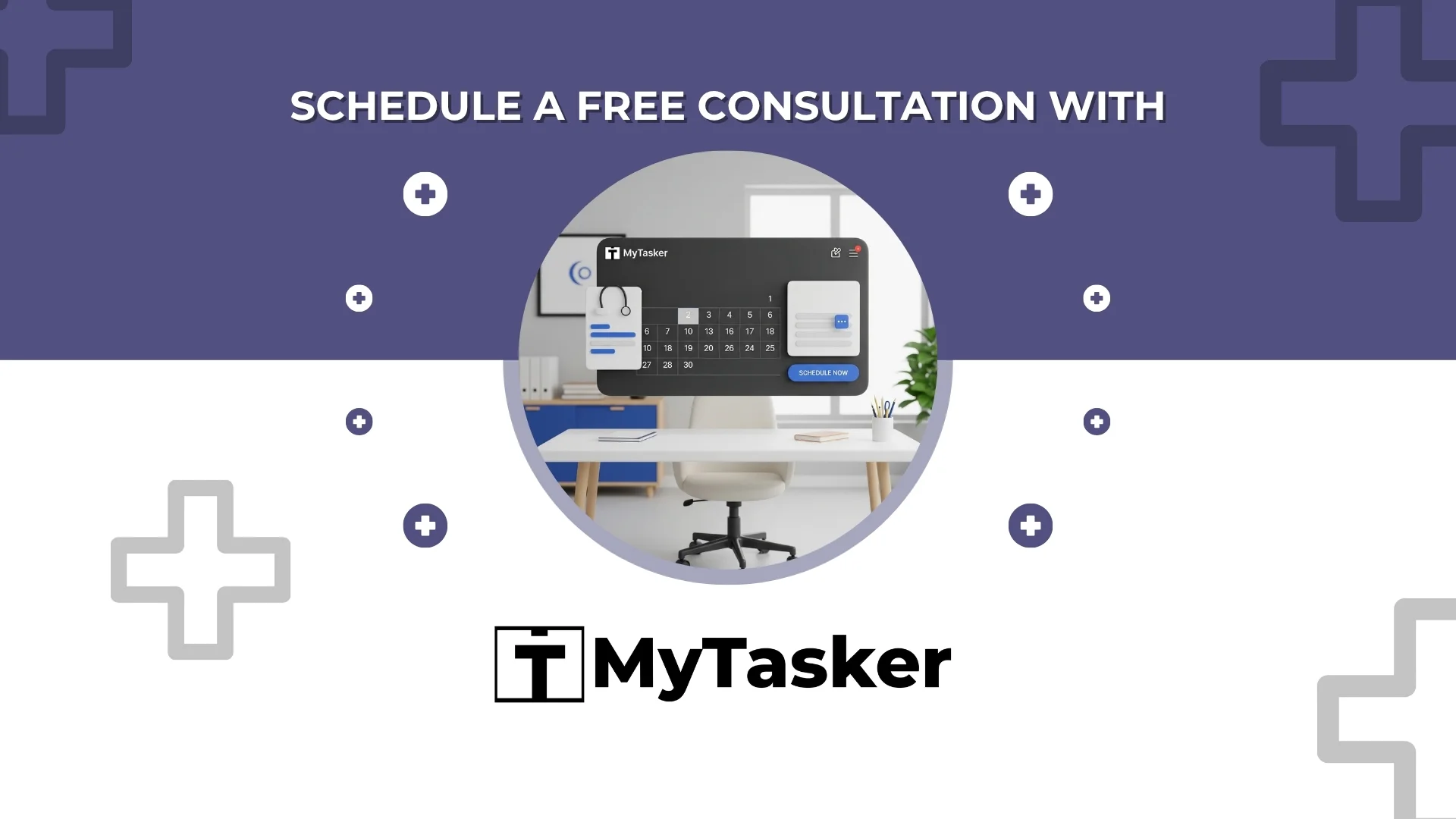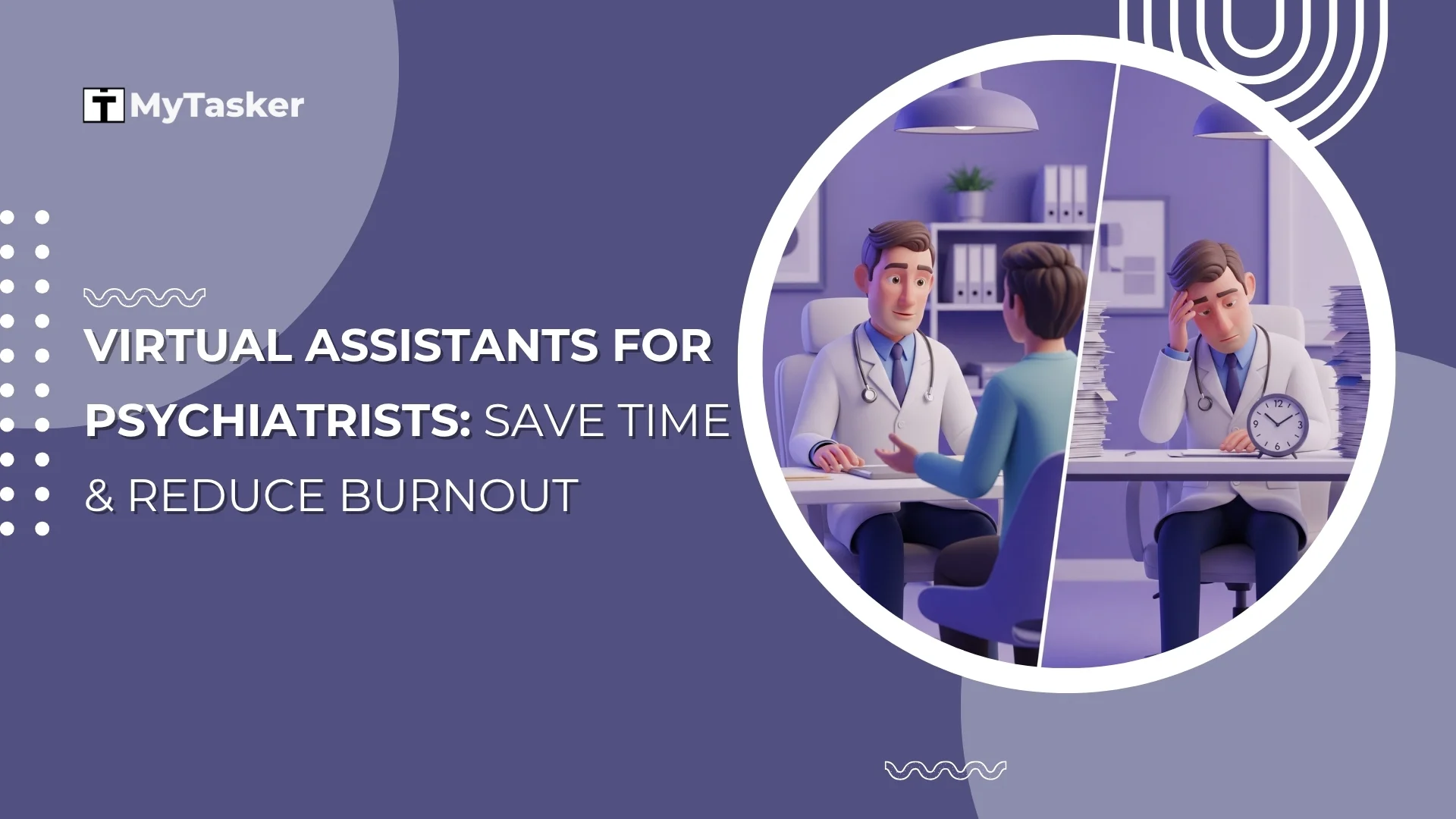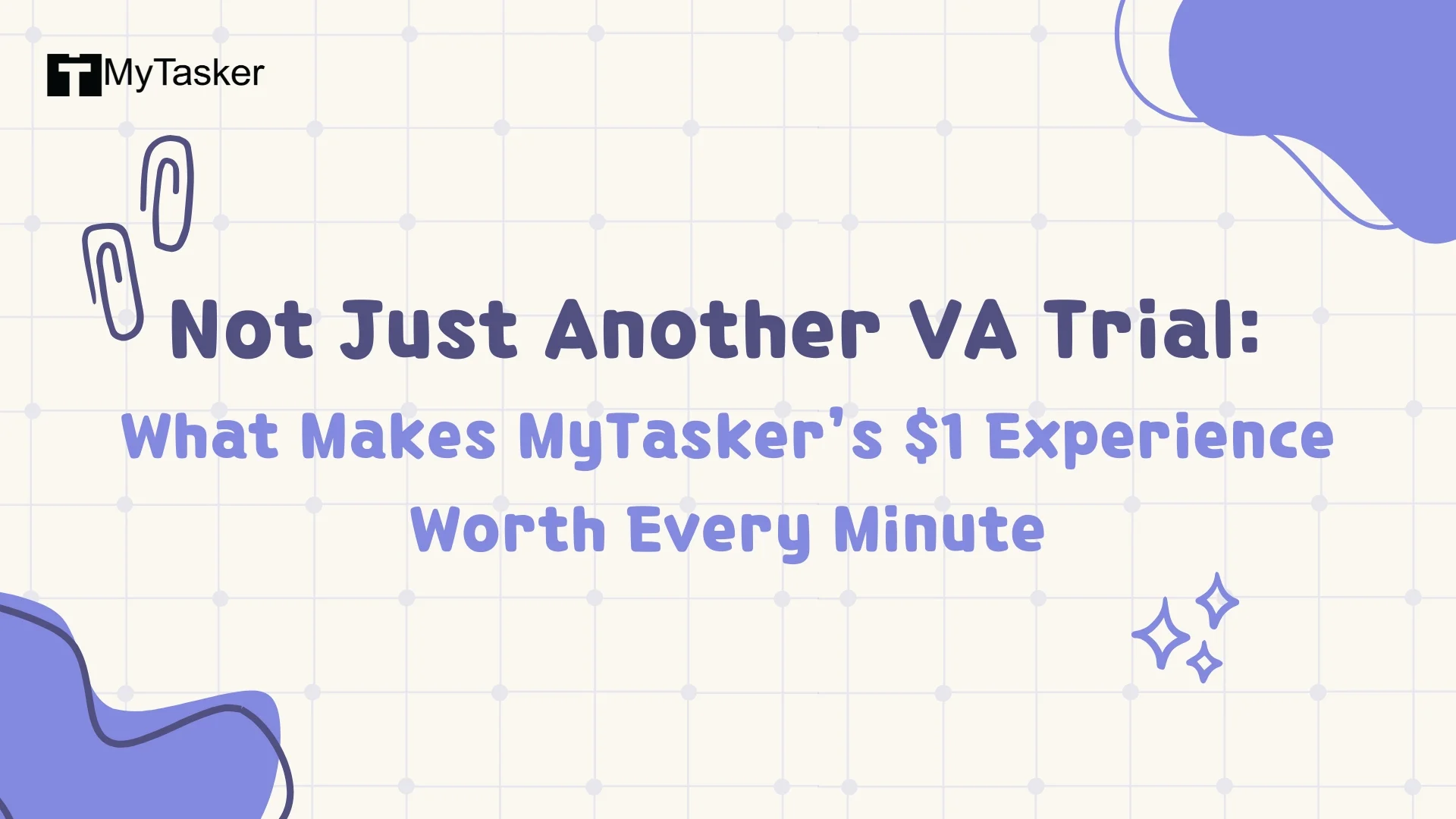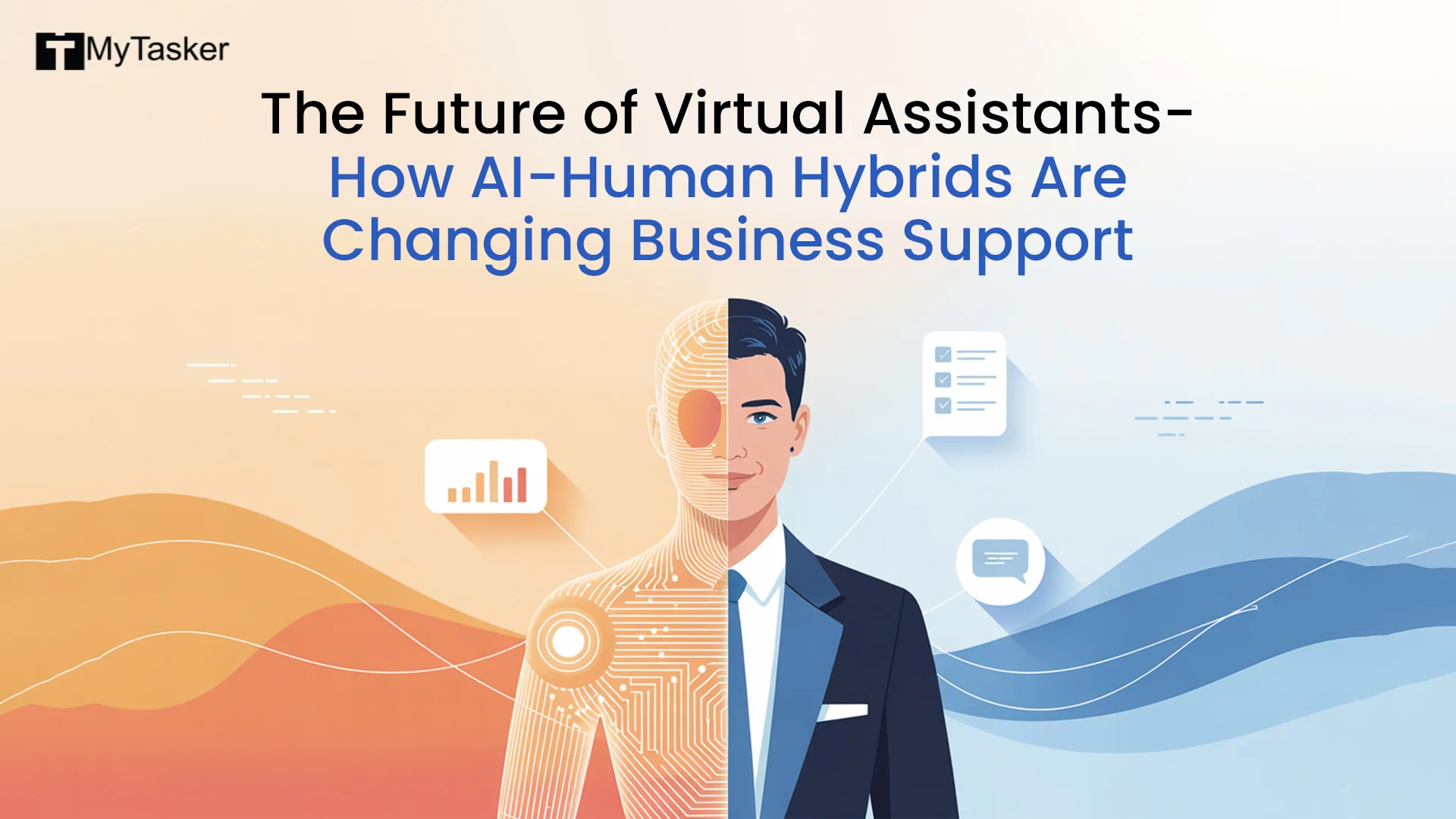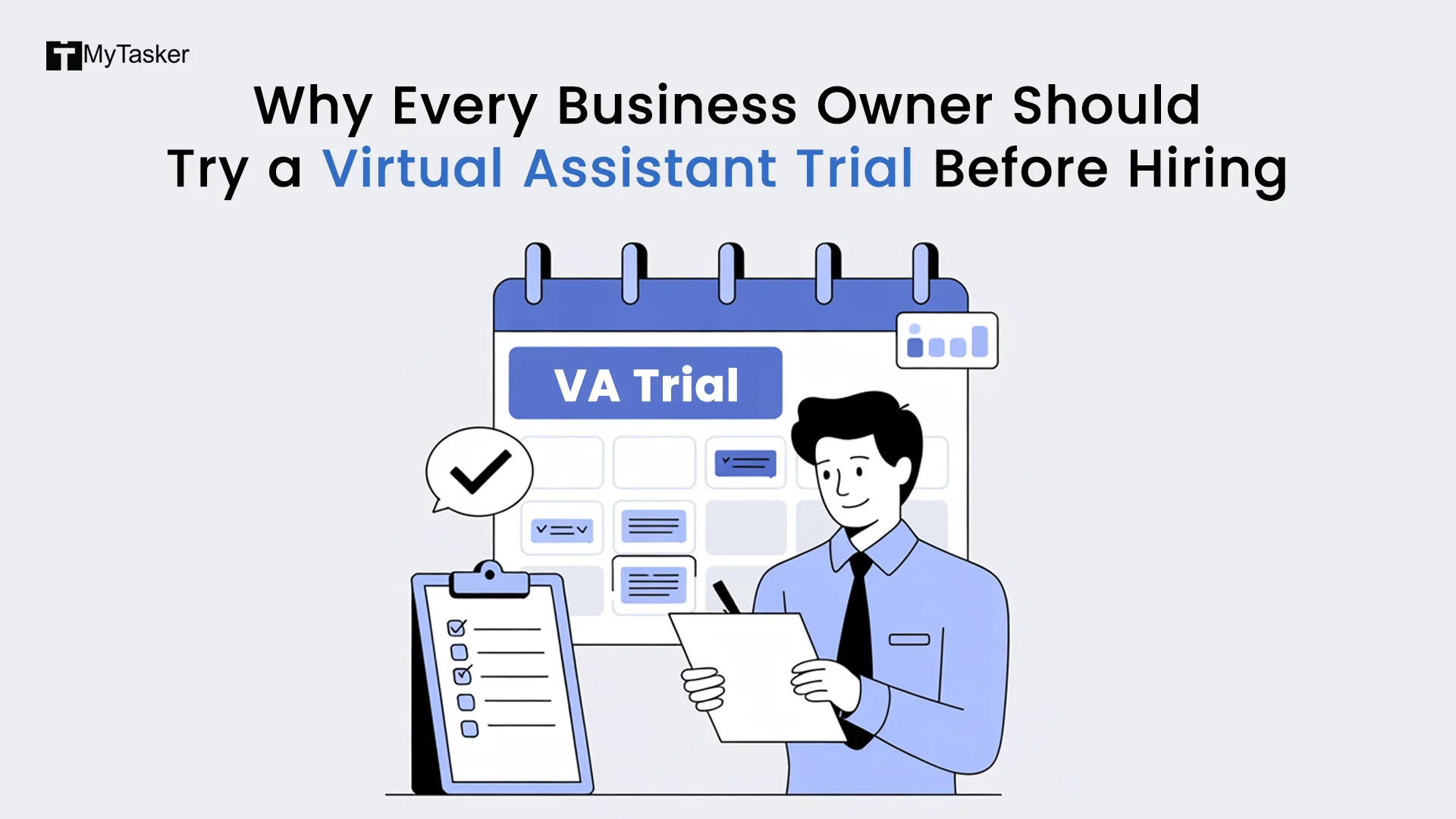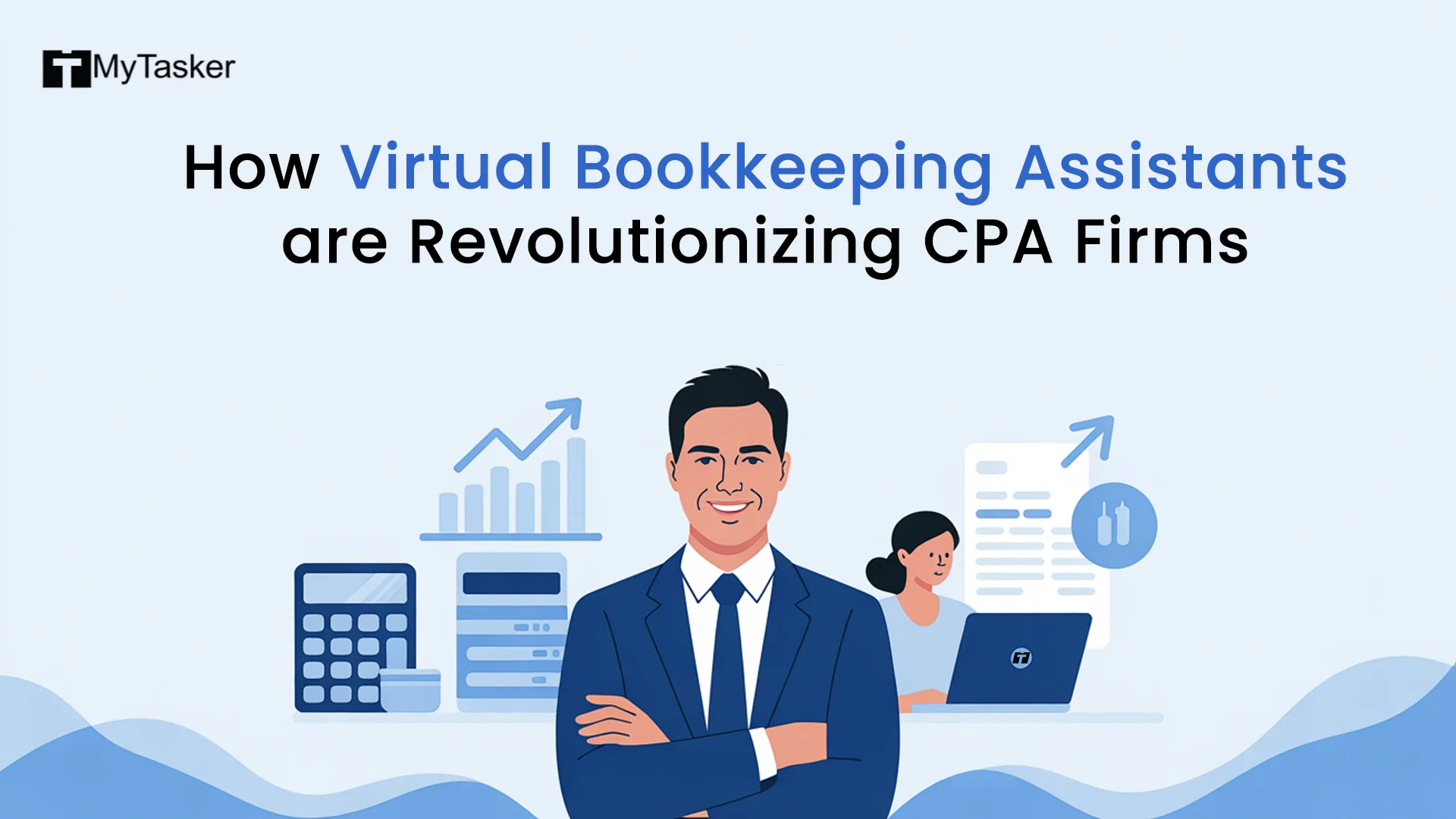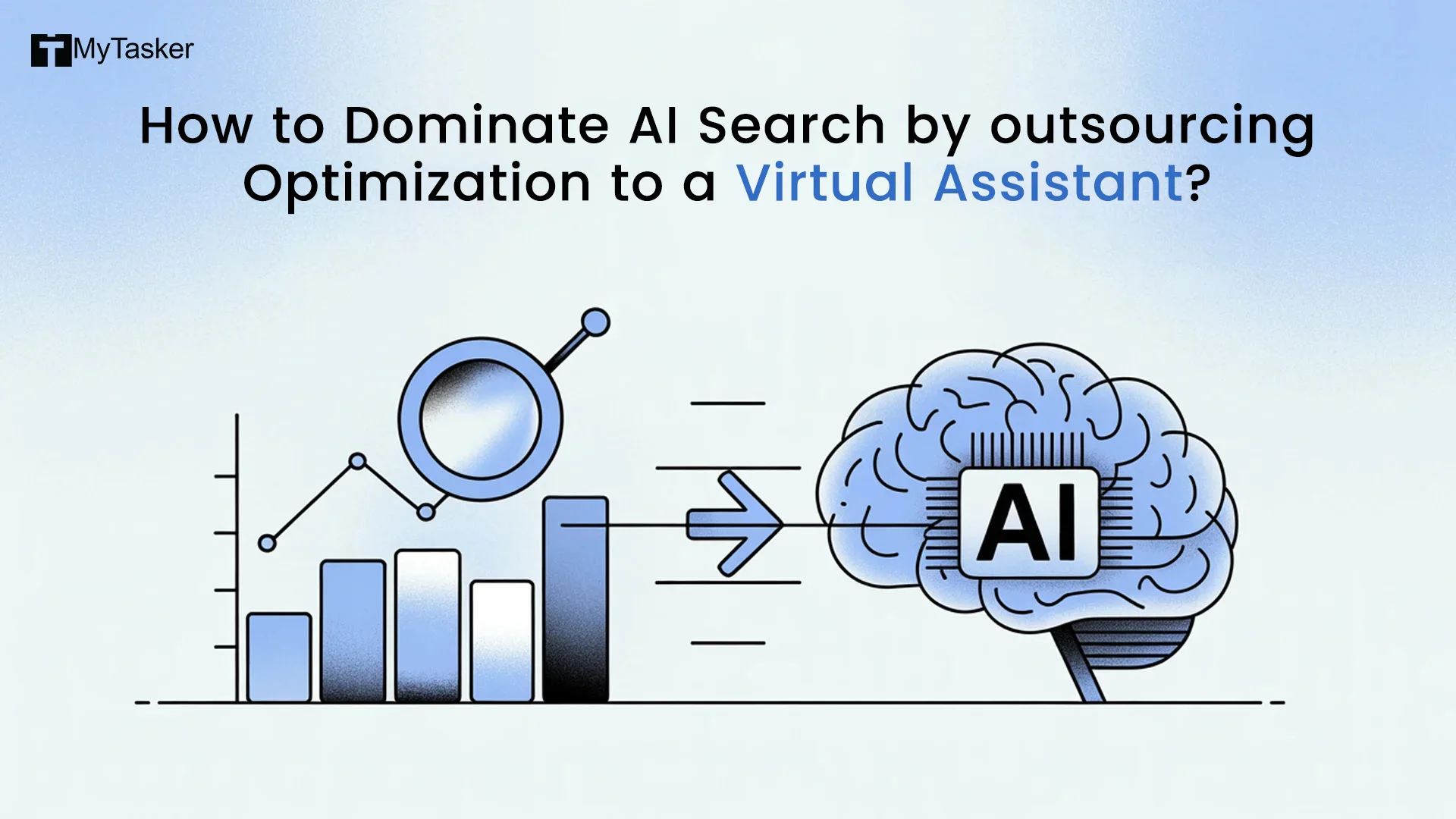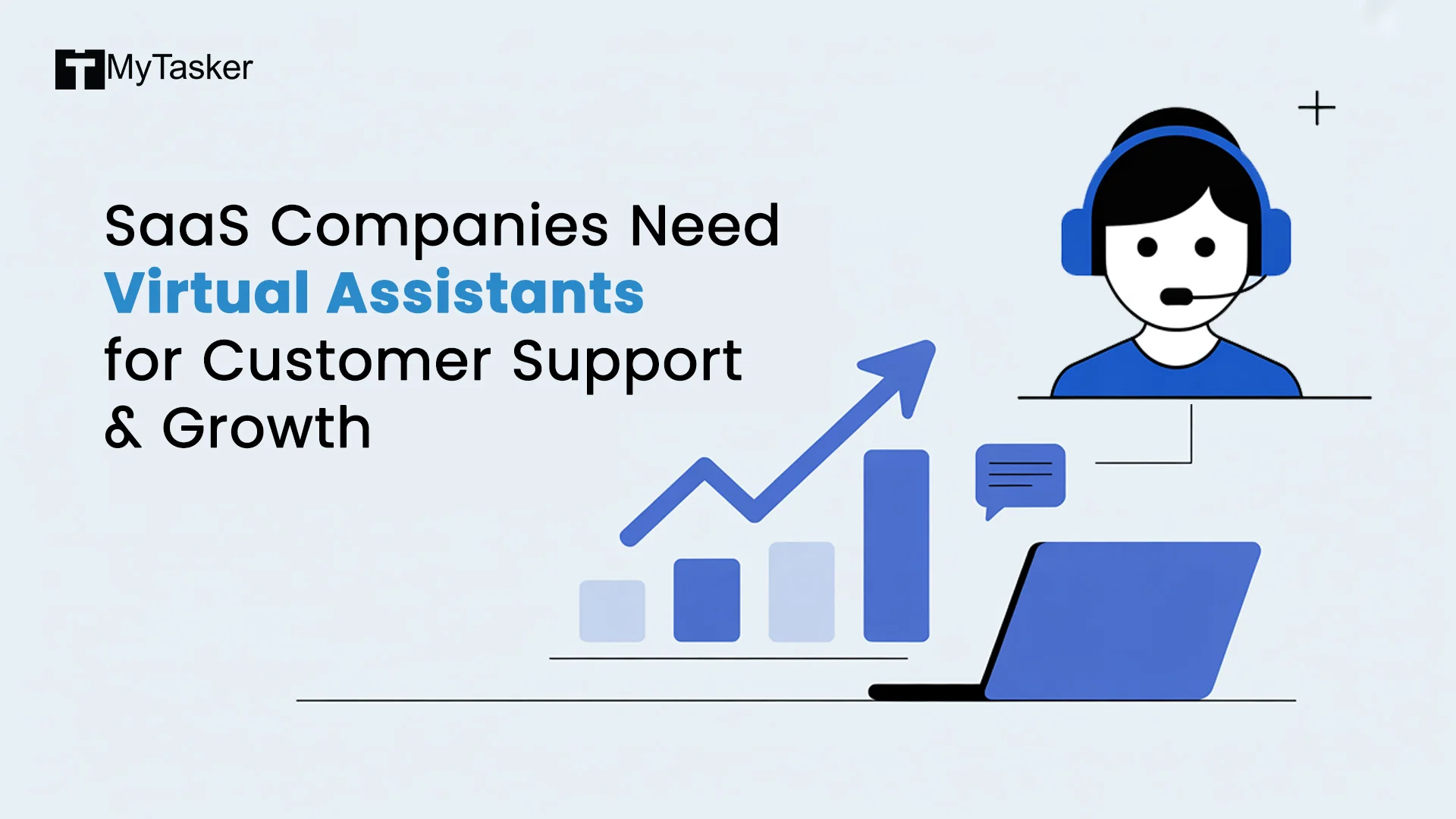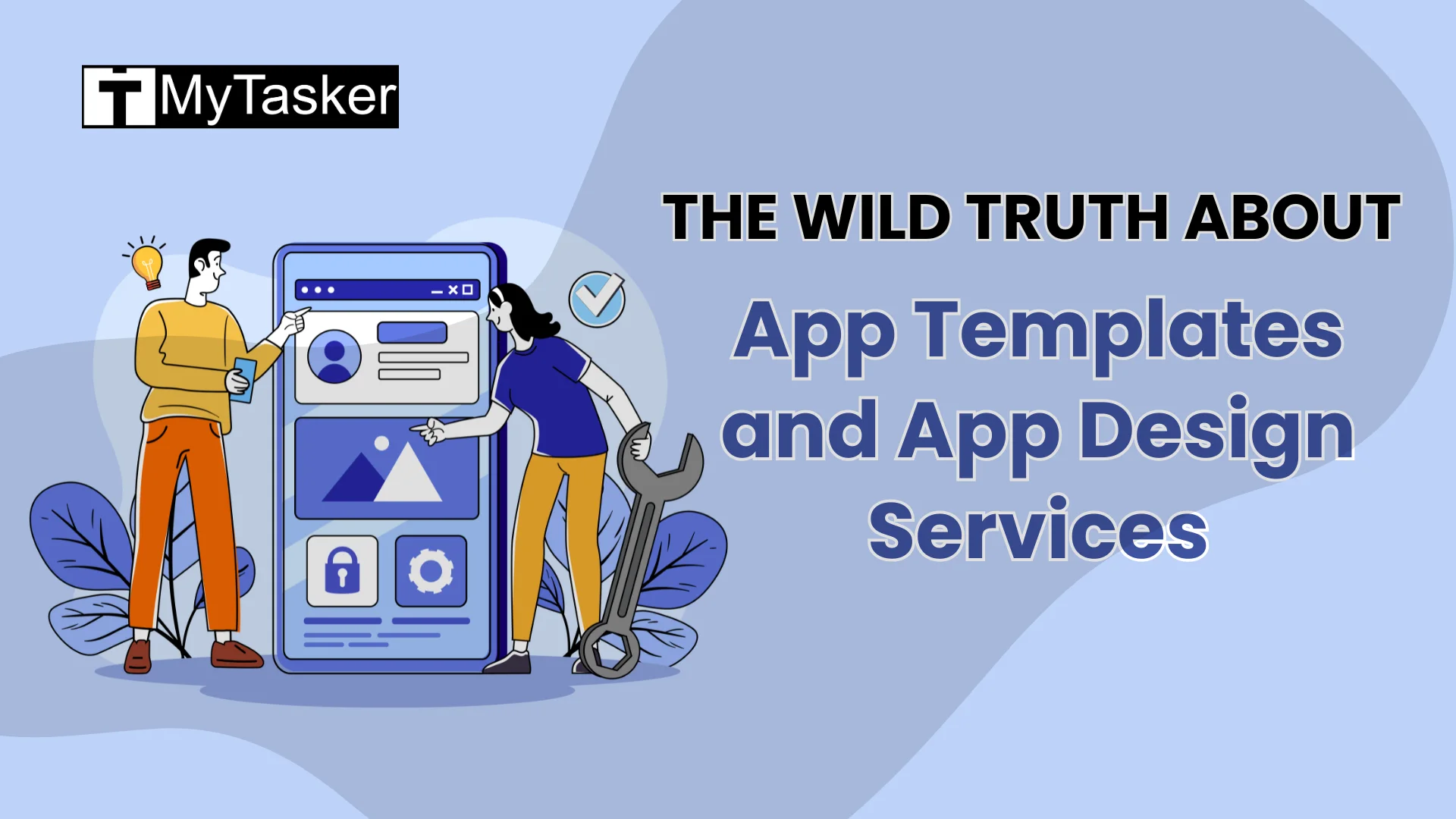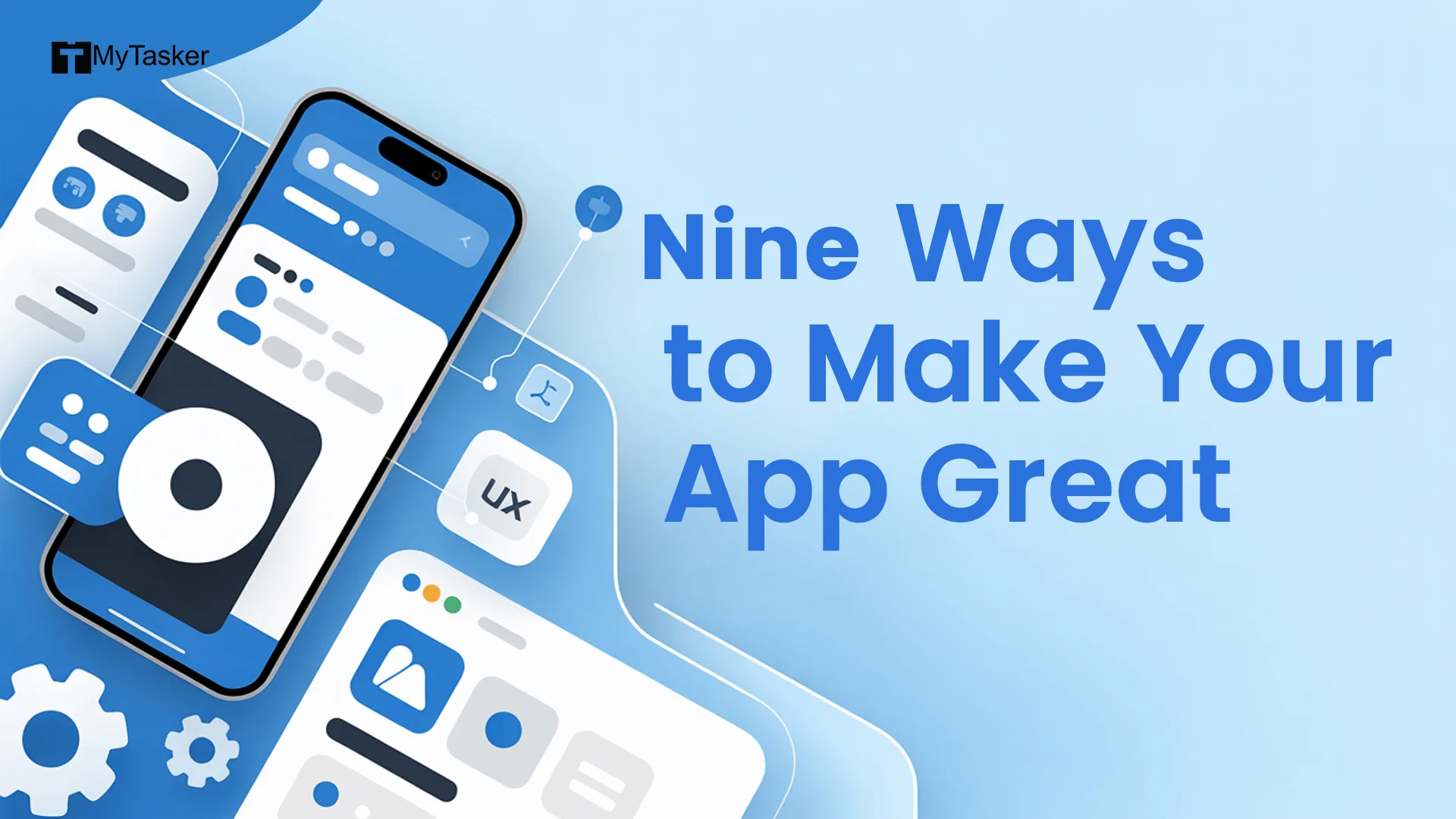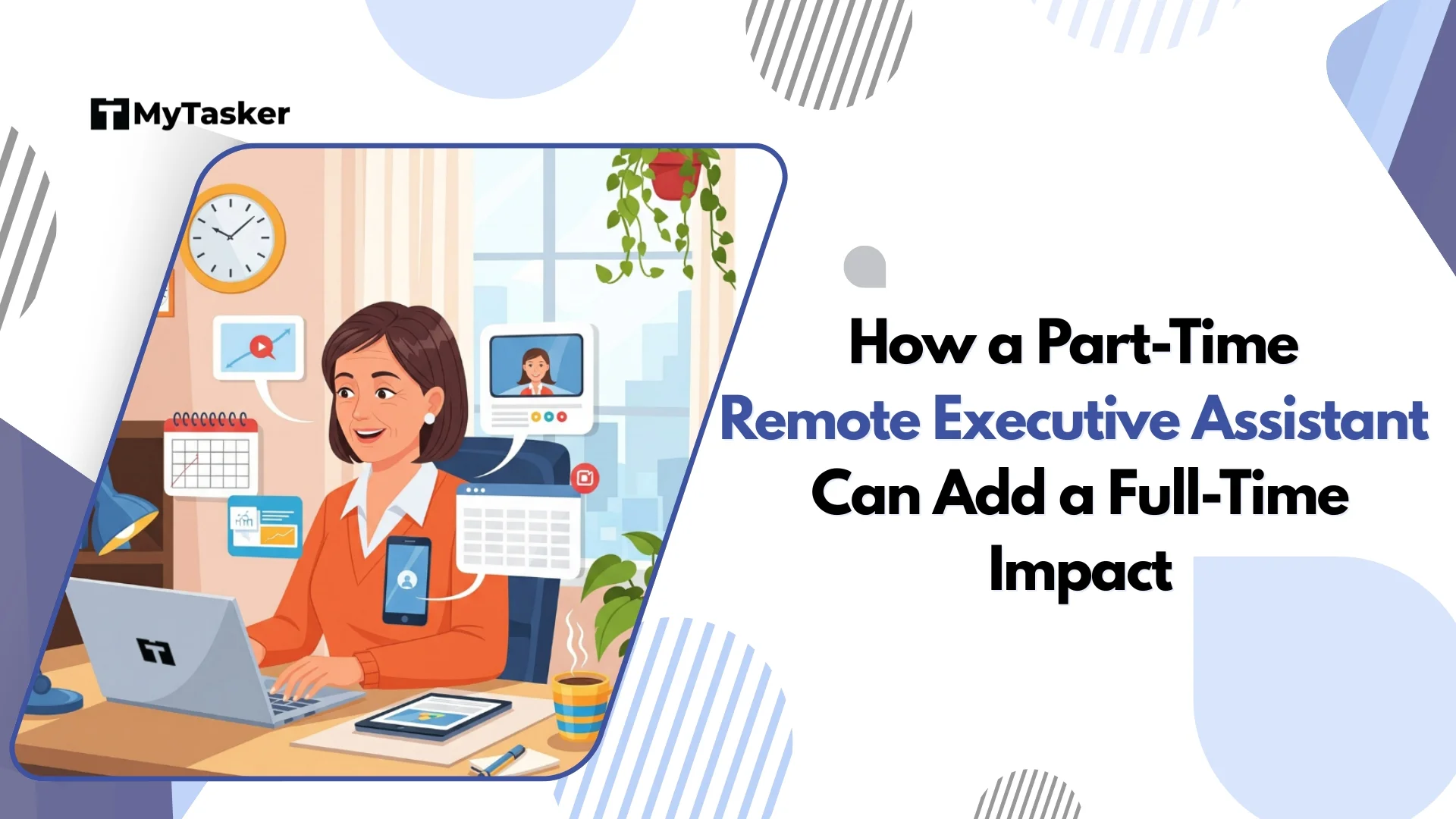Psychiatrists are trained to diagnose, treat and support patients through some of the most complex mental health conditions. But in practice, most of their day is spent on appointment reminders, reviewing intake forms, responding to patient inquiries, coordinating therapy referrals and billing. The result? Less time for patient care, more operational fatigue.
This is where virtual assistants (VAs) are changing how modern psychiatric practices work. From solo psychiatrists in private practice to group mental health clinics, VAs are taking over time consuming admin and coordination tasks – so psychiatrists can focus on clinical outcomes not paperwork.
The Administrative Load of a Psychiatry Practice
Unlike other specialties, psychiatry requires not just clinical focus but also emotional bandwidth. The mental exhaustion from sessions, compounded by admin duties, makes it hard to maintain a balanced workflow. According to a 2023 Medscape Psychiatry Report, 61% of psychiatrists report burnout and a big contributor is “too many bureaucratic tasks”.
Virtual assistants can take on those very tasks – patient scheduling, reminder calls, rescheduling follow-ups, verifying insurance, managing waitlists, organizing intake forms and sending documentation to referring providers. With the right protocols in place, your VA becomes a seamless extension of your front office without needing to occupy a desk in your clinic.
I once worked for a psychiatrist who was a tribunal doctor. I used to see how she would get buried in piles of paperwork, often needing to refer to different doctors. You know, sometimes psychiatrists refer their patients to general physicians for medication. When that happens, there’s usually a lot of back-and-forth communication.
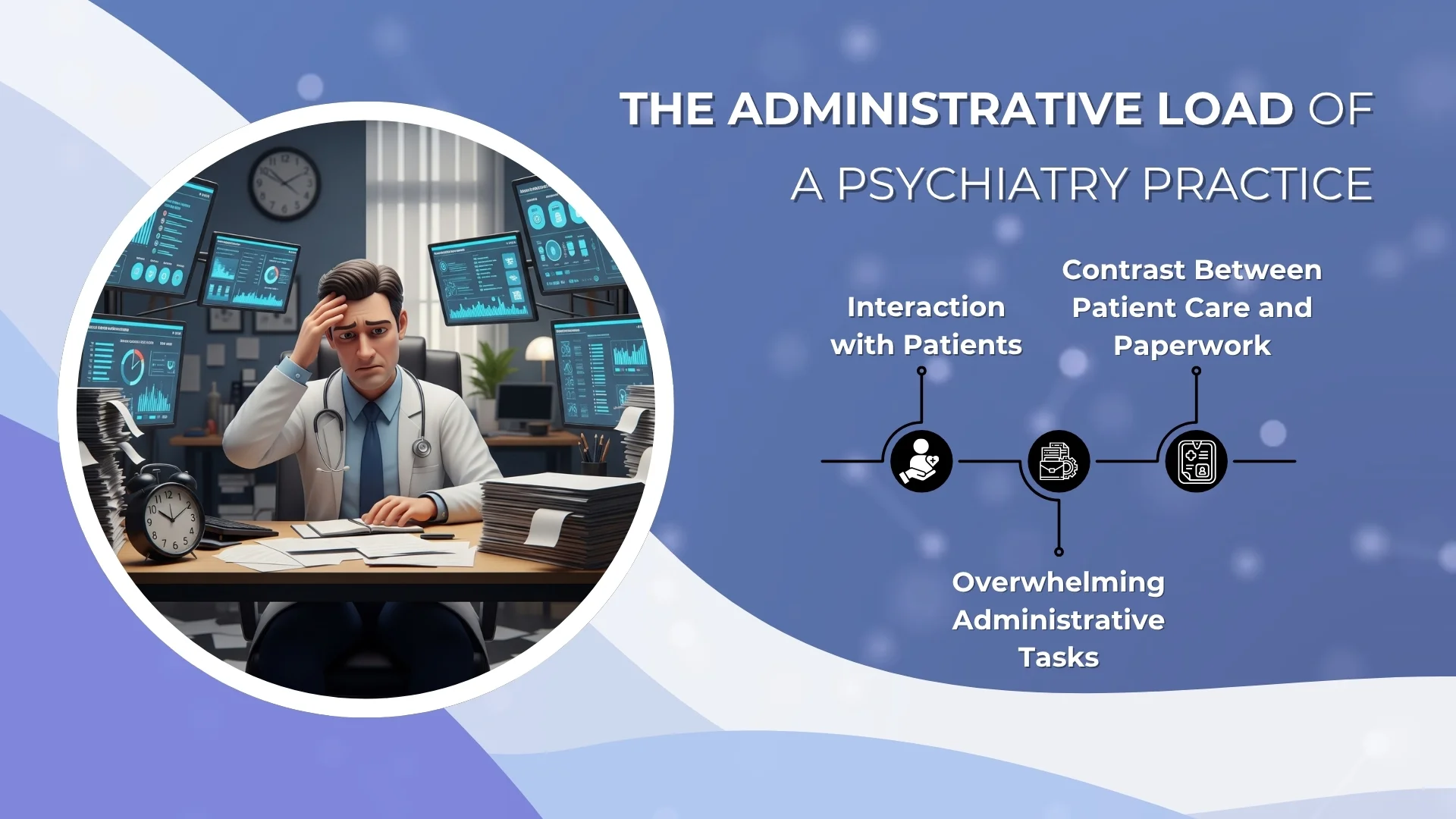
How Virtual Assistants Support Psychiatry Patient Coordination
In psychiatry, timely communication and consistency is key. Patients often need frequent follow-ups, medication check-ins, therapy coordination or referrals to psychologists, primary care or behavioral therapists. A VA can:
-
Coordinate follow-up appointments and therapy sessions
-
Send pre-session screening questionnaires (PHQ-9, GAD-7 etc.)
-
Follow up on prescription refill requests and pharmacy faxes
-
Remind patients about lab work or assessments before consults
-
Confirming consent and HIPAA documentation ahead of time
These coordination tasks not only reduce no-shows but also create a more reliable, supportive care experience – especially for patients with anxiety, ADHD or depressive disorders who may struggle with self-management.

Psychiatry-Friendly Tasks to Delegate
Many psychiatrists hesitate to delegate because of confidentiality and complexity but Virtual Assistants – especially those trained in mental health workflows – can handle a wide range of non-clinical responsibilities:
Front Office Support
-
Manage appointment booking via HIPAA compliant software (SimplePractice, Luminello, TherapyNotes)
-
Answer general inquiries (availability, location, office policies)
-
Email or call patients to confirm appointments or follow-ups
-
Reschedule missed appointments and track cancellations
Back Office Coordination
-
Organize patient files and clinical documentation in EHR
-
Prepare clinical summaries or treatment outlines for external providers
-
Send insurance superbills or invoices
-
Handle online intake packets, including consent forms and screening tools
-
Maintain a waitlist with periodic check-ins
Patient Flow Optimization
-
Monitor response times and ensure timely communication
-
Pre-fill session summaries or prep notes for clinicians
-
Upload lab results or referral letters securely
-
Assist with patient portal navigation or access issues
With proper onboarding and SOPs a Virtual Assistant can run your day to day operations while you focus entirely on your caseload.
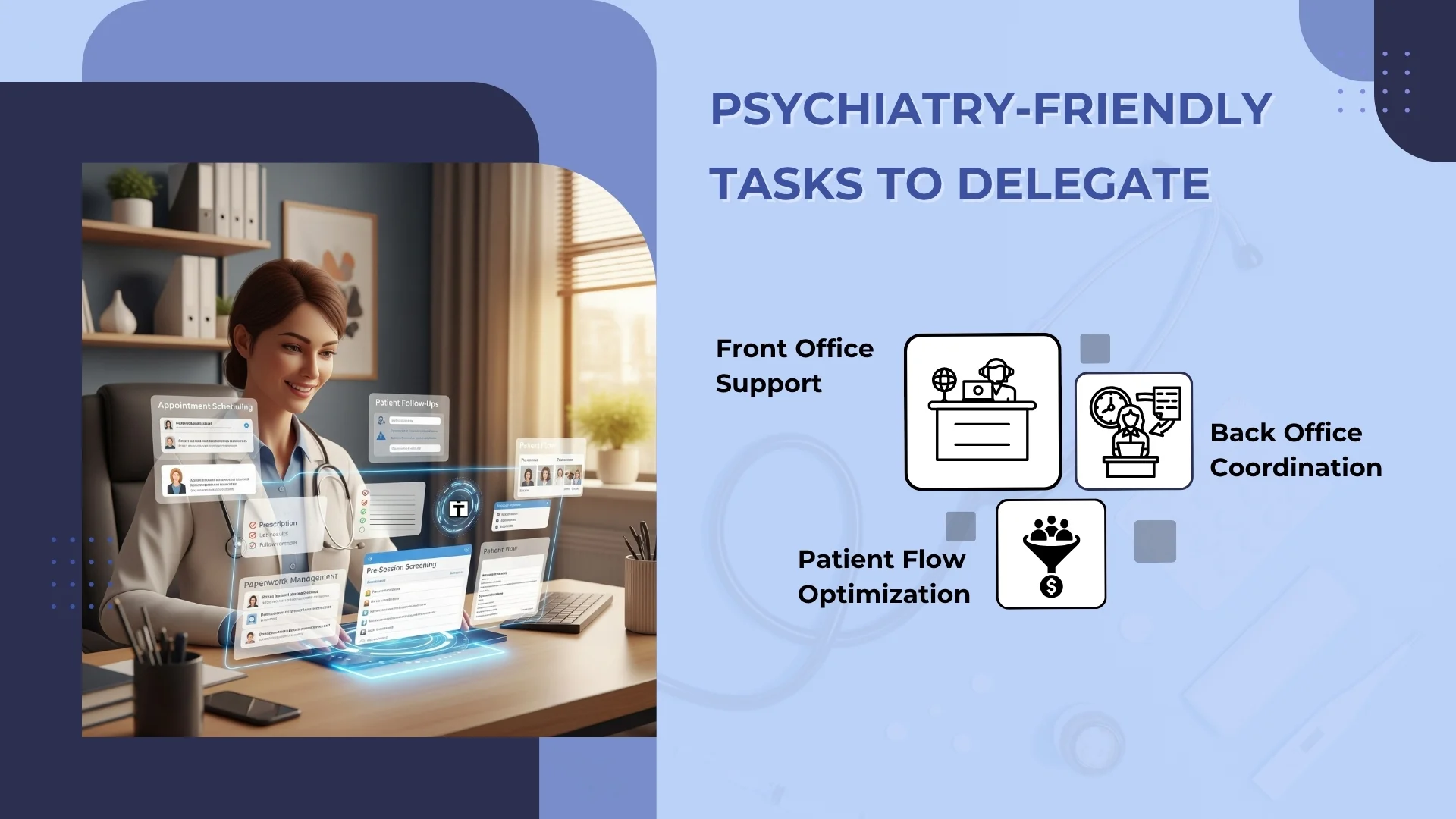
Industry Stats That Highlight the Need
-
Psychiatrists spend 13 hours/week on paperwork and admin outside clinical hours (American Psychiatric Association, 2023)
-
41% of psychiatric practices have appointment backlogs of 2+ weeks due to admin inefficiencies (MGMA Mental Health Practices Benchmark Report, 2022)
-
Missed appointments are estimated to cost the U.S. healthcare system a staggering $150 billion annually. Mental health services, with their notable no-show rates, contribute significantly to this sum.
-
Up to 30% of mental health appointments are no-shows, which significantly impacts patient access and clinic revenue.
Hiring a Virtual Assistant for as little as 10–15 hours/week can free up one full working day for a psychiatrist.

FAQs: Virtual Assistants for Psychiatrists
Q1: Can a VA access sensitive patient data securely?
Yes. When hired from an agency like MyTasker, VAs follow strict data protection guidelines, use secure devices, work under NDAs and access systems only via encrypted platforms with multi-factor authentication.
Q2: What systems can VAs work with?
Most healthcare virtual assistants are trained in psychiatry friendly EHRs and platforms like SimplePractice, Luminello, TherapyNotes, AdvancedMD and CharmHealth. They can also work with scheduling tools, patient portals and secure email clients.
Q3: Will a VA talk directly to my patients?
Only if you want them to. Many psychiatrists delegate reminder calls, follow-ups or rescheduling tasks to VAs. With a script or SOP in place VAs can maintain professionalism, compassion and clarity – especially for clients with high sensitivity or clinical needs.
Q4: How do I train a VA for my psychiatry workflow?
A few Loom videos, SOP checklists and shared templates are usually enough. VAs are used to working with medical professionals and adapt quickly to clinic specific protocols.
Q5: Can I start small and scale VA support later?
Absolutely. Many psychiatrists start with 10–20 hours a month and scale up as they see the ROI – more time for sessions, fewer admin bottlenecks and smoother coordination.
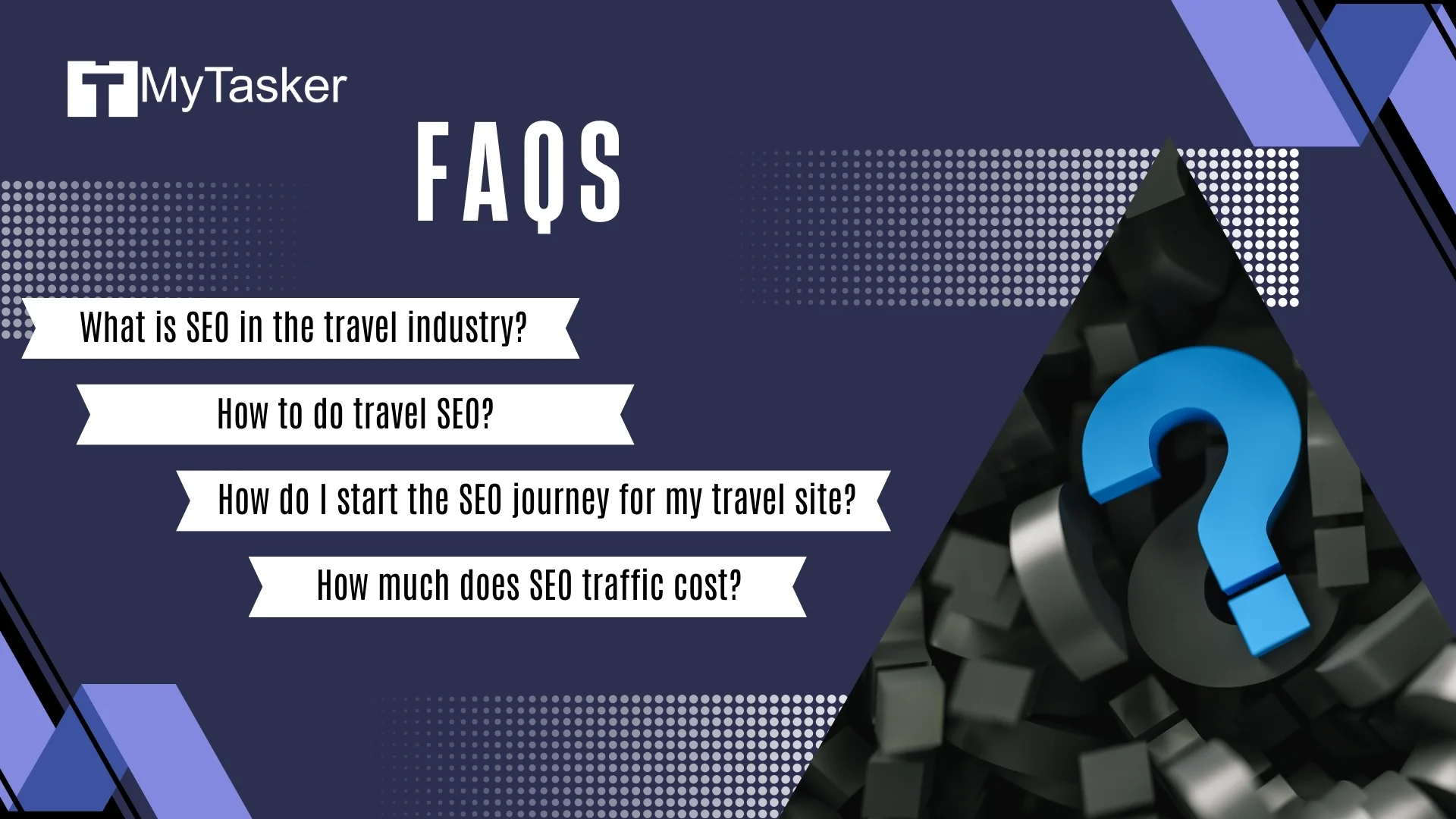
Treat Patients, Not Paperwork
You show up as a psychiatrist with presence, empathy and mental clarity. But when operational chaos creeps in – no-shows, billing issues, overflowing inboxes – it’s harder to be present. A healthcare trained virtual assistant helps you get back to your clinical self by managing the non-clinical load quietly, efficiently and securely.
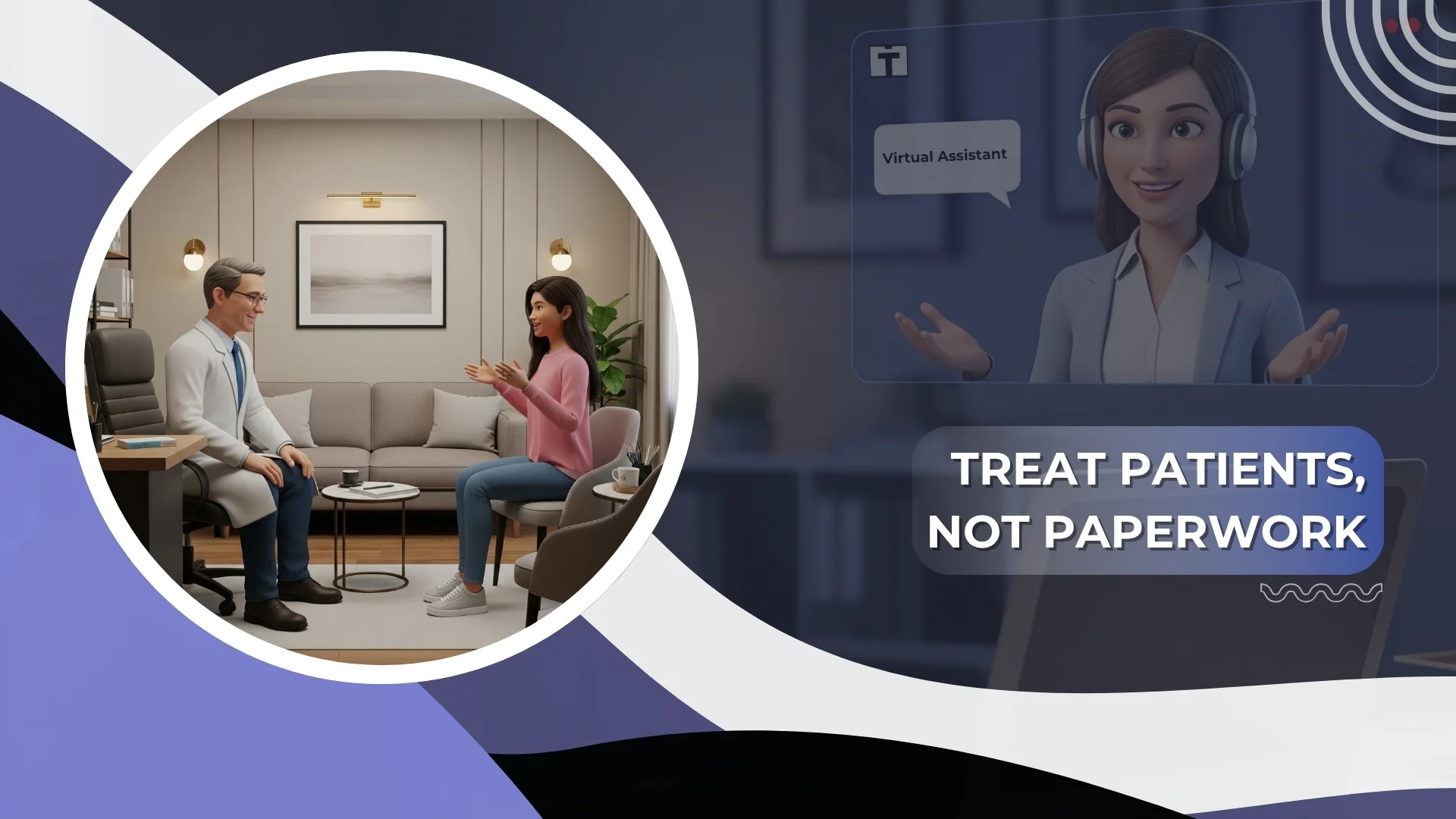
At MyTasker we provide virtual assistants trained in mental health workflows, patient coordination and EMR systems – ready to support your practice without disrupting your style of care.
Schedule a free consultation today and let’s build a support system around your psychiatry practice that protects your time, your patients and your peace of mind.
